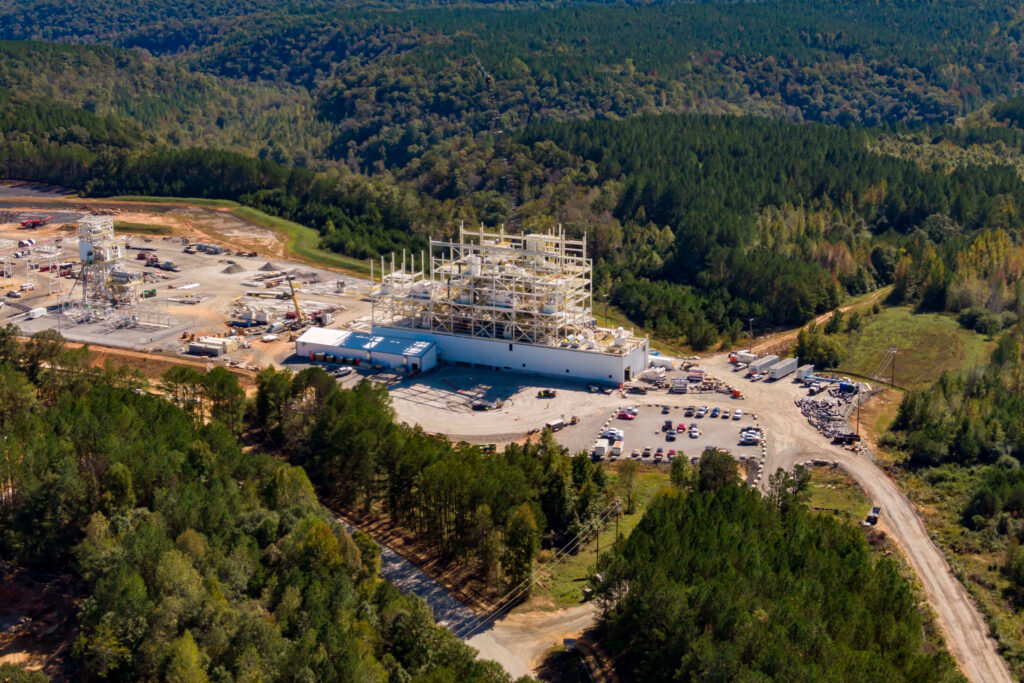BERRY, Ala.—An Alabama mining company is finalizing plans to expand its operations in central Alabama, focusing on federally owned coal resources.
This expansion follows a settlement concerning the company’s environmental practices and ongoing safety violation allegations by regulators. The project challenges the Biden administration’s stance on phasing out federal coal mining in the Powder River Basin, Montana, and Wyoming.
Warrior Met Coal, a major U.S. metallurgical coal producer located in Brookwood, is close to obtaining regulatory approval for its Blue Creek facilities between Birmingham and Tuscaloosa, as per corporate filings.
If state and federal regulators approve, the expansion would be Alabama’s largest coal mining project in years, potentially boosting Warrior Met’s output by 60%. Public financial backing of over $400 million is expected to support coal exports for steelmaking purposes.
The project will employ the longwall mining method, where large machines shear coal from wide expanses, causing subsidence that impacts surface structures and ecosystems. Oak Grove, a town 25 miles from Warrior Met’s expansion, is already witnessing these effects, including business closures and a fatal home explosion due to methane.
Unlike Oak Grove, the Blue Creek expansion might involve mining federally-owned coal managed by the Bureau of Land Management (BLM). Over time, mineral rights in Alabama have been separated from surface ownership, leading to scenarios where the federal government holds mineral rights beneath privately-owned surface land.
In April, BLM announced an environmental assessment for Warrior Met’s plan to mine 14,040 acres of federal minerals in Tuscaloosa County. The proposal aims to extract about 57.5 million tons of recoverable coal.
In July, the Biden administration revealed plans to end coal leasing in Montana and Wyoming, a move praised by environmentalists but criticized by industry representatives. The administration now faces a decision on federal coal mining in Alabama.
MSHA reports indicate regular safety violations at Warrior Met’s Blue Creek facility, with 76 citations this year, 22 significant enough to potentially cause serious injuries. These violations relate to mining activities on private mineral rights.
Warrior Met is embroiled in litigation over environmental concerns, settling a case with Black Warrior Riverkeeper over leaks at its No. 7 Mine. The settlement mandates leak monitoring and a $250,000 payment for conservation purposes.
Gov. Kay Ivey announced a $500,000 grant to support water service installation for the Blue Creek mine, reflecting Alabama’s investment in the project, which also includes a $26.5 million tax abatement from Tuscaloosa County.
The extracted coal, primarily used for steel production, is exported overseas. Environmental groups continue to express concerns over infrastructure expansion, such as the $366 million Mobile Bay shipping channel project, highlighting the environmental impact of Alabama’s mining activities.
Federal reports have long recognized the environmental risks of mining in Alabama, including potential groundwater contamination. The BLM’s upcoming environmental assessment for the Blue Creek project will consider impacts on air quality, subsidence, and water resources.
Original Story at insideclimatenews.org
